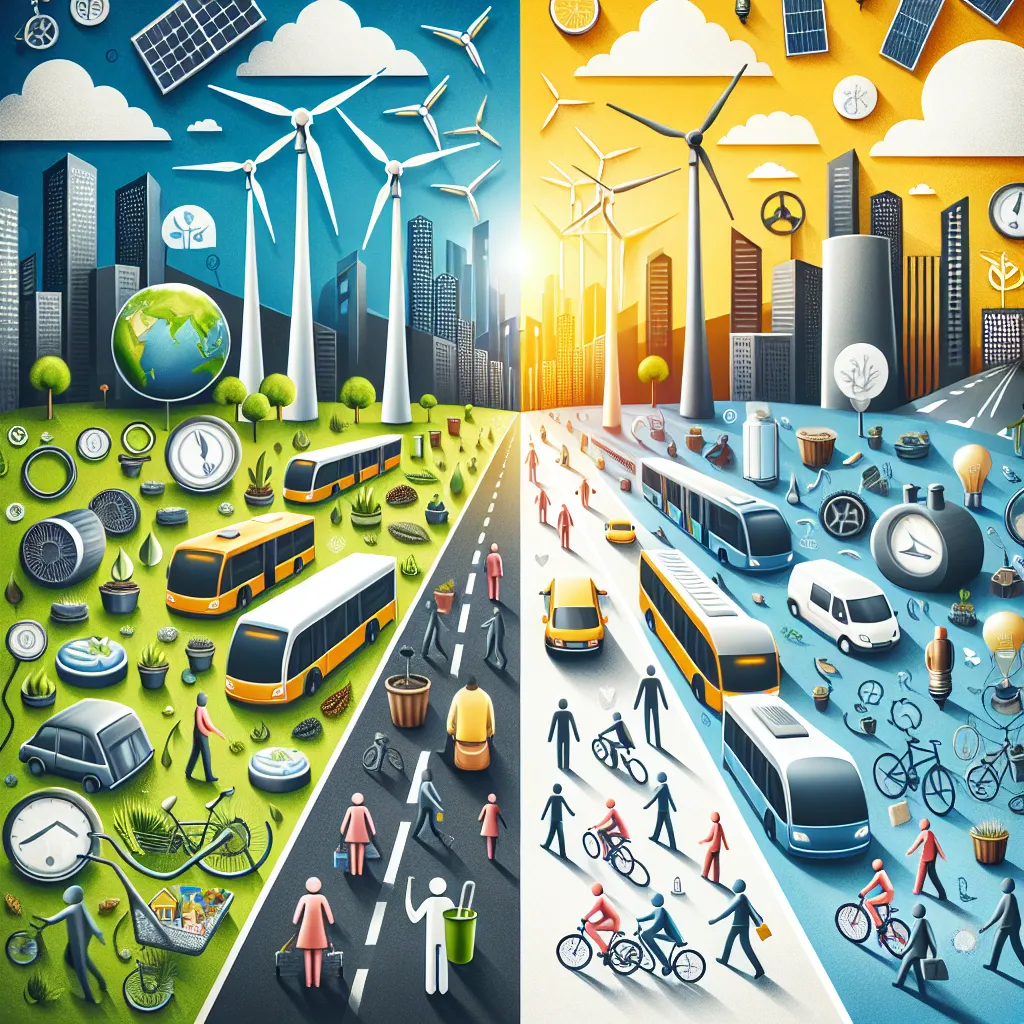Air pollution is a pressing global issue that has been increasingly featured in IELTS Writing Task 2 prompts. As a frequent topic, it’s crucial for IELTS candidates to be well-prepared to discuss the role of government in addressing this environmental challenge. In this article, we’ll explore a sample question, provide model essays for different band scores, and offer valuable tips to help you excel in your IELTS writing task.
Nội dung bài viết
Analyzing the Topic and Its Relevance
The importance of government intervention in reducing air pollution is a highly relevant topic in IELTS Writing Task 2. It combines elements of environmental concerns, public policy, and social responsibility, making it an ideal subject for testing candidates’ ability to articulate complex ideas. Based on past exam trends and the growing global focus on environmental issues, we can expect this topic to appear frequently in future IELTS tests.
Let’s examine a typical question that you might encounter:
Some people believe that the government should be responsible for reducing air pollution, while others think it is up to individuals to take action. Discuss both views and give your opinion.
Analyzing the Question
This question requires you to:
- Discuss the view that government should be responsible for reducing air pollution
- Discuss the view that individuals should take action to reduce air pollution
- Provide your own opinion on the matter
Remember to address all parts of the question and support your arguments with relevant examples and explanations.
Model Essays
Band 8-9 Essay
Air pollution is a critical issue affecting the health and well-being of people worldwide. While some argue that the government should bear the primary responsibility for tackling this problem, others contend that individual actions are key to reducing air pollution. In my opinion, a collaborative approach involving both government intervention and individual efforts is essential for effectively addressing this environmental challenge.
Those who advocate for government responsibility argue that authorities have the power and resources to implement large-scale measures to combat air pollution. Governments can enact and enforce stringent regulations on industrial emissions, vehicle exhaust standards, and urban planning. For instance, they can impose hefty fines on factories that exceed pollution limits or offer incentives for companies to adopt cleaner technologies. Moreover, governments can invest in public transportation infrastructure and promote the use of renewable energy sources, which can significantly reduce air pollution levels in urban areas.
On the other hand, proponents of individual responsibility maintain that personal choices and actions play a crucial role in mitigating air pollution. They argue that collective individual efforts can lead to substantial reductions in pollution levels. For example, people can opt for carpooling, using public transportation, or cycling instead of driving personal vehicles. Additionally, individuals can make environmentally conscious decisions in their daily lives, such as using energy-efficient appliances, reducing waste, and supporting eco-friendly products and services.
In my view, the most effective approach to combating air pollution involves a synergy between government initiatives and individual actions. While governments have the authority to implement wide-reaching policies and regulations, the success of these measures ultimately depends on the cooperation and participation of individuals. Government interventions can create a framework for change, but it is the collective action of citizens that brings about meaningful and lasting improvements in air quality.
For instance, a government may introduce a policy to promote electric vehicles through tax incentives and infrastructure development. However, the effectiveness of this policy relies on individuals choosing to purchase and use these vehicles. Similarly, while governments can establish recycling programs, it is up to individuals to actively participate in these initiatives.
In conclusion, addressing air pollution requires a multi-faceted approach that combines government leadership with individual responsibility. By working together, governments and citizens can create a more sustainable and cleaner environment for current and future generations. (347 words)
Band 6-7 Essay
Air pollution is a big problem in many countries today. Some people think the government should be responsible for reducing it, while others believe individuals should take action. I think both the government and individuals have important roles to play in solving this issue.
On one hand, the government has the power to make big changes that can reduce air pollution. They can create laws to control pollution from factories and cars. For example, they can set limits on how much pollution companies can produce and fine those who break the rules. Governments can also invest in clean energy like solar and wind power to replace polluting fossil fuels. Additionally, they can improve public transportation systems to encourage people to use less private cars.
On the other hand, individuals can also make a difference through their daily actions. People can choose to use public transport, ride bicycles, or walk instead of driving cars all the time. This can help reduce vehicle emissions, which are a major source of air pollution in cities. Individuals can also save energy at home by using energy-efficient appliances and turning off lights when not in use. These small actions, when done by many people, can add up to make a big impact on air quality.
In my opinion, both government action and individual efforts are necessary to effectively reduce air pollution. The government can provide the framework and incentives for change, but it’s up to individuals to make environmentally friendly choices in their daily lives. For example, even if the government builds bike lanes, people need to choose to use them instead of driving.
To conclude, I believe that tackling air pollution requires cooperation between the government and individuals. While the government should lead with policies and infrastructure, individuals must also take responsibility for their actions and make choices that help reduce pollution. Only by working together can we hope to improve air quality and create a cleaner environment for everyone. (309 words)
 Government and individual efforts to reduce air pollution
Government and individual efforts to reduce air pollution
Key Points to Consider When Writing
-
Structure: Ensure your essay has a clear introduction, body paragraphs, and conclusion. Each body paragraph should focus on a single main idea.
-
Balanced argument: Present both sides of the argument fairly before giving your own opinion.
-
Coherence and cohesion: Use linking words and phrases to connect ideas and paragraphs smoothly.
-
Vocabulary: Use a range of vocabulary related to the environment and government policy. Higher band scores require more sophisticated and less common vocabulary.
-
Grammar: Use a variety of sentence structures and tenses accurately. Higher band scores should demonstrate complex structures without errors.
Vocabulary and Grammar Tips
For Band 8-9:
- Use advanced vocabulary: “mitigate”, “infrastructure”, “incentives”, “stringent regulations”
- Employ complex sentence structures: “While governments have the authority to implement wide-reaching policies and regulations, the success of these measures ultimately depends on the cooperation and participation of individuals.”
For Band 6-7:
- Use more common vocabulary: “reduce”, “invest”, “encourage”, “choose”
- Use simpler sentence structures, but ensure variety: “On one hand… On the other hand…”
Key Vocabulary to Remember
- Mitigate (verb) /ˈmɪtɪɡeɪt/: to make something less harmful, unpleasant, or bad
- Stringent (adjective) /ˈstrɪndʒənt/: very strict or severe
- Incentive (noun) /ɪnˈsentɪv/: something that encourages a person to do something
- Emissions (noun) /ɪˈmɪʃənz/: the production and discharge of something, especially gas or radiation
- Infrastructure (noun) /ˈɪnfrəstrʌktʃər/: the basic physical and organizational structures and facilities needed for the operation of a society or enterprise
- Renewable energy (noun phrase) /rɪˈnjuːəbəl ˈenədʒi/: energy from a source that is not depleted when used, such as wind or solar power
- Eco-friendly (adjective) /ˈiːkəʊ ˈfrendli/: not harmful to the environment
- Sustainable (adjective) /səˈsteɪnəbəl/: able to be maintained at a certain rate or level
- Collaborate (verb) /kəˈlæbəreɪt/: work jointly on an activity or project
- Initiative (noun) /ɪˈnɪʃətɪv/: an act or strategy intended to resolve a difficulty or improve a situation
Conclusion
The topic of government intervention in reducing air pollution is likely to remain relevant in IELTS Writing Task 2. To prepare effectively, practice writing essays on related themes such as:
- The role of international cooperation in addressing global environmental issues
- The balance between economic development and environmental protection
- The effectiveness of individual actions versus systemic changes in combating climate change
Remember, the key to success in IELTS Writing Task 2 is practice. Try writing your own essay on the topic discussed in this article and share it in the comments section below. This will help you apply what you’ve learned and receive valuable feedback from others. Good luck with your IELTS preparation!


